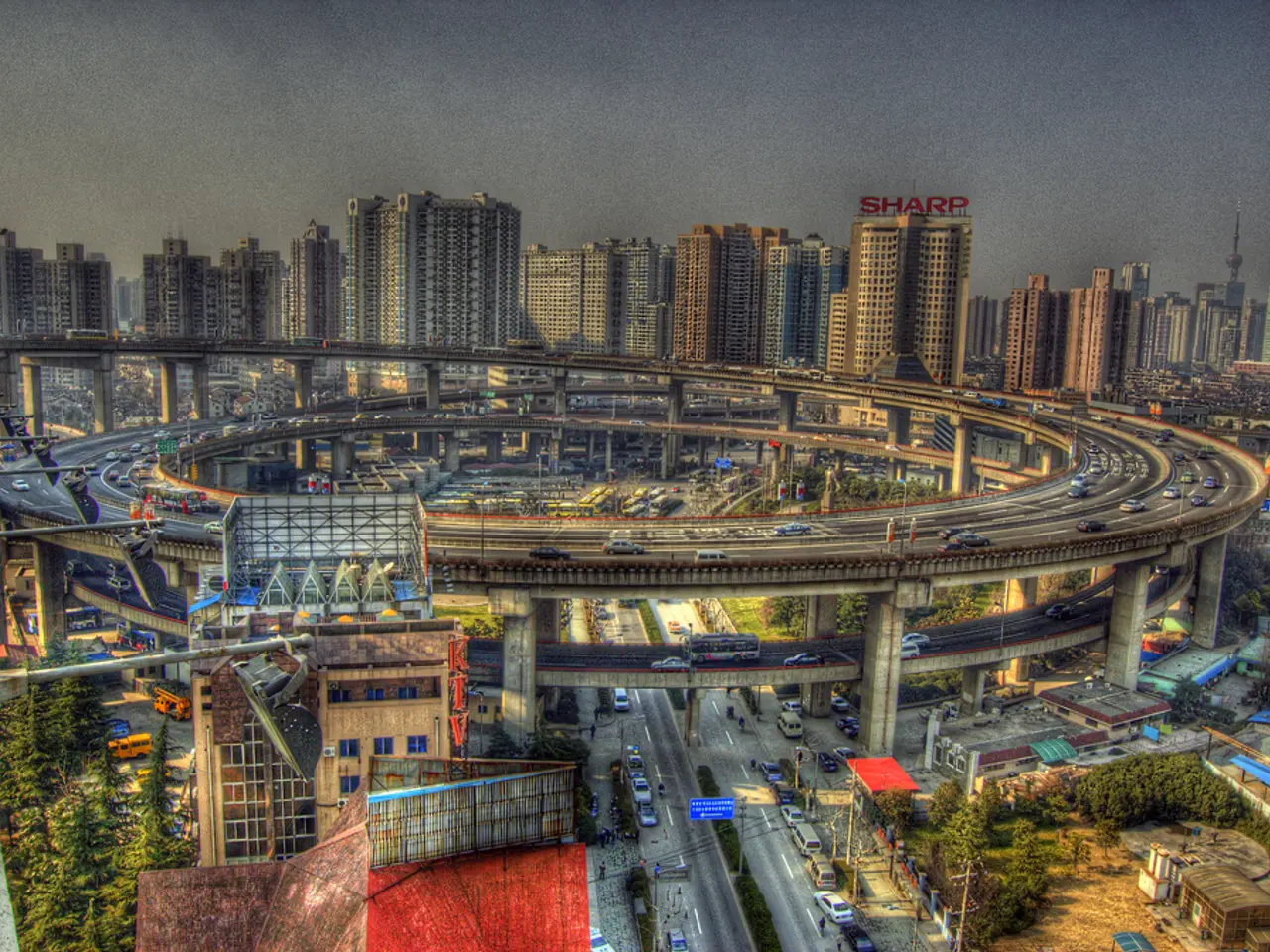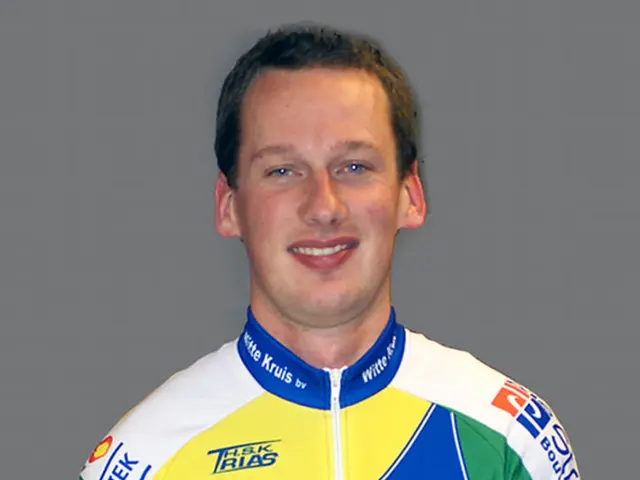"Vibrant city suiting all tastes"
In the upcoming Düsseldorf mayoral election, Thomas Geisel and his challenger are presenting contrasting urban policies, particularly in the areas of traffic management and housing development.
Traffic
Thomas Geisel's policies lean towards sustainability and reducing car traffic in the city centre. He aims to promote public transportation, expand cycling infrastructure, and implement measures to limit car use in inner-city areas to improve air quality and reduce congestion.
On the other hand, his challenger often advocates for a more car-friendly approach, possibly opposing strict restrictions on vehicle access. They might support improving road infrastructure and parking options, and place less emphasis on traffic-calming measures that limit private car use.
Housing
Geisel focuses on increasing affordable housing by promoting new constructions, encouraging public-private partnerships, and implementing regulations to prevent rent spikes. His approach aims to address housing shortages and make living in the city more accessible.
The challenger may prioritize deregulation or market-driven housing policies, favoring incentives for private developers without as much regulatory intervention. Their stance might emphasize faster building approvals, less restrictive zoning, or skepticism toward heavy-handed rent control measures.
As the city grapples with the economic and societal consequences of the pandemic, the mayoral race is heating up, with the election decision likely to be decided in the final meters. The city will suffer significant losses in the financial sector, with the trade fair and airport being major victims.
Despite these financial losses, Geisel believes the city should not cut its investment program to avoid strengthening negative trends. He is open to working with all democratic parties as mayor.
Geisel also advocates for a real mobility turnaround, prioritizing public transport and the bicycle. The elimination of the environmental lanes cannot be done without offering an alternative, he states.
The results of the traffic trial for the environmental lanes are not yet known, and it is unclear whether they will be kept or abolished after the trial. The environmental lanes are part of an air pollution control plan by the regional government, aimed at preventing a diesel driving ban.
The city is currently facing a shortage of about 1500 places in stationary care, and Geisel is speaking with welfare associations and private operators to meet the growing demand for care facilities.
In the digital realm, the election campaign has shifted, with heated social media discussions. A factual political discourse is challenging in this context, but Düsseldorf aims to maintain a responsible enabling mode while maintaining proven hygiene rules, avoiding fear-based governance.
If Geisel does not win the election, he believes the city has developed positively in the past six years should be a factor in the election decision. He also intends to continue being involved in politics if he does not win the election.
A corona warning by a German rapper caused quite a stir, but no further details are given in this paragraph.
Regardless of the outcome, the mayoral election in Düsseldorf promises to shape the city's future significantly, with the winning candidate's policies likely to have a lasting impact on traffic, housing, and overall urban development.
Read also:
- Court petitions to reverse established decision on same-sex marriage legalization
- Trump's enforcement actions in Washington D.C.: Insights from the political arena
- Chinese Ambassador issues stern message to India regarding Trump's tariffs in midst of escalating trade feuds
- Aircraft collides with another one on the runway during landing at Montana airport, igniting flames








